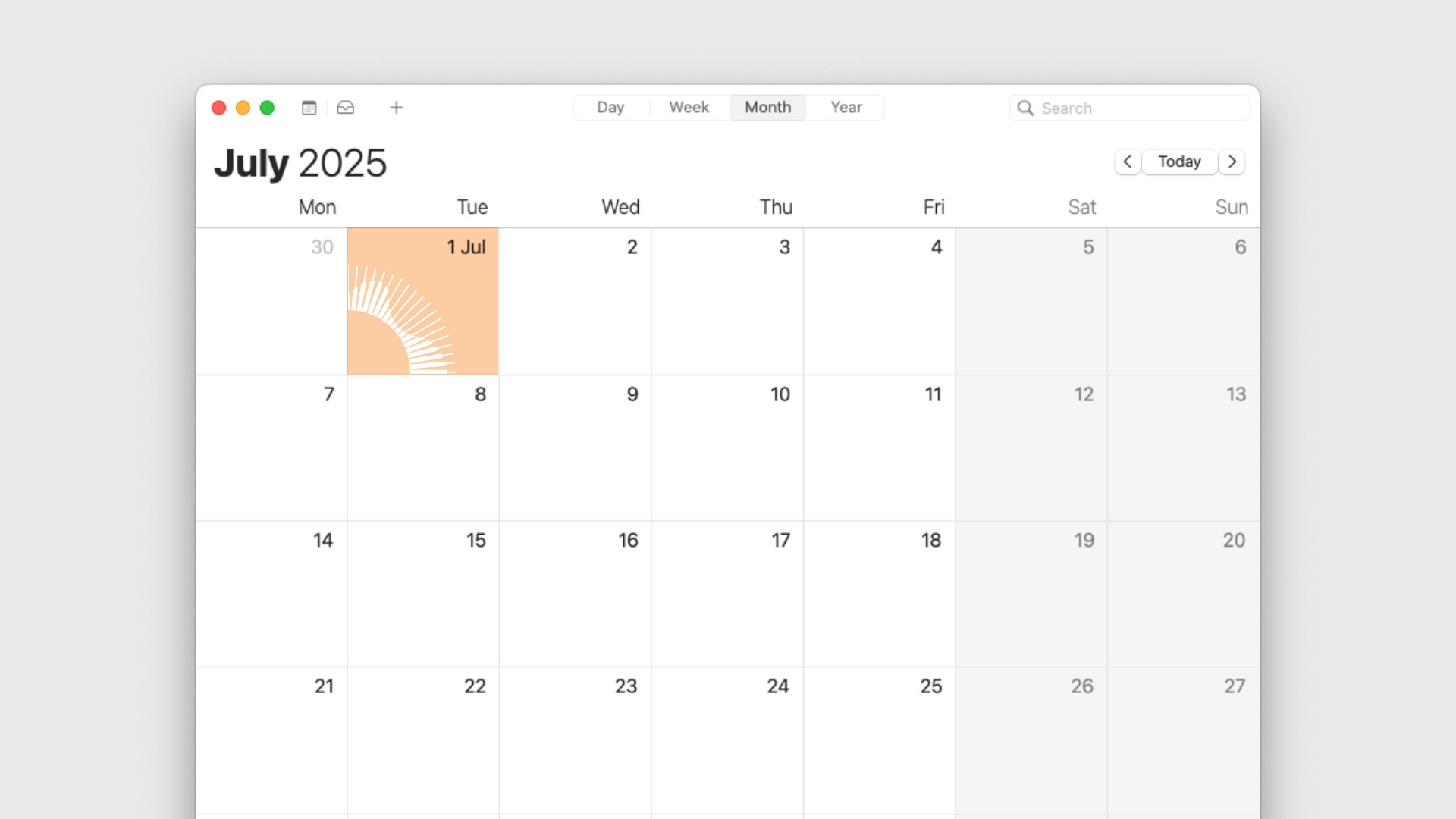

From the start of this financial year came a new round of payroll and compliance changes for Australian employers. From wage increases to expanded leave entitlements, the rules have shifted, and every business owner needs to know what’s changed to avoid costly missteps.
Payroll isn’t just an administrative task, it directly affects your cash flow, staff satisfaction, and compliance obligations. Missing a new requirement could mean backpay claims, fines, or serious legal disputes. Staying on top of the updates ensures you’re not only compliant but also seen as a fair and reliable employer.
With Payroll Auditing becoming more prevalent there’s less avenues for excuses with incorrect payroll, and certainly, more room to nail your obligations without breaking a sweat. So, if you’re unsure, we can point you in the right direction so you can stay proactive and ensure you’re doing everything you can (and should) for your team and business’ wellbeing.
The national minimum wage has risen by 3.5%, bringing the base rate to $948 per week or $24.95 per hour. Every employee covered by the minimum or award rates is impacted. Double-check your rosters and pay runs to ensure you’re meeting the new standard.
The superannuation guarantee has officially lifted from 11.5% to 12%. While half a percent may not sound like much, across your whole workforce it adds up. Be sure payroll systems are updated and factor the increase into future budgets.
Parents now have access to 24 weeks (120 days) of paid parental leave for children born or adopted after 1 July 2025. This means employers need to plan for longer absences, update leave policies, and ensure payroll software reflects the new entitlement.
Two important shifts:
• ATO interest on overdue tax debts is no longer deductible. Late payments will now hit your bottom line harder.
• Instant asset write-off capped at $1,000 per item. Larger purchases will need to be depreciated over time instead of deducted upfront.
• Right to disconnect: From August 26, small business employees can refuse after-hours calls or emails unless it’s an emergency.
• Casual conversion: Long-term casual staff now have an easier path to request permanent roles. Businesses must have processes in place to handle these requests fairly.
1. Review wages and budgets: Ensure you’re paying the correct minimum rates and adjust cash flow forecasts for the super increase.
2. Update policies and payroll systems: Reflect the extended parental leave entitlements and workplace rights in your HR documents.
3. Stay tax-smart: Keep ATO deadlines top of mind and plan asset purchases with depreciation rules in mind.
4. Communicate with your tea: Be transparent with staff about changes to pay, leave, and workplace policies.
Managing payroll and compliance isn’t just about avoiding penalties, it’s about building trust with your employees and keeping your business running smoothly. By preparing now, you’ll avoid surprises, keep staff engaged, and maintain stronger financial control.
Need a hand navigating the changes?
Give the team a call on 1300 866 113 or send us an email to start the conversation – you’ll be glad you did.
